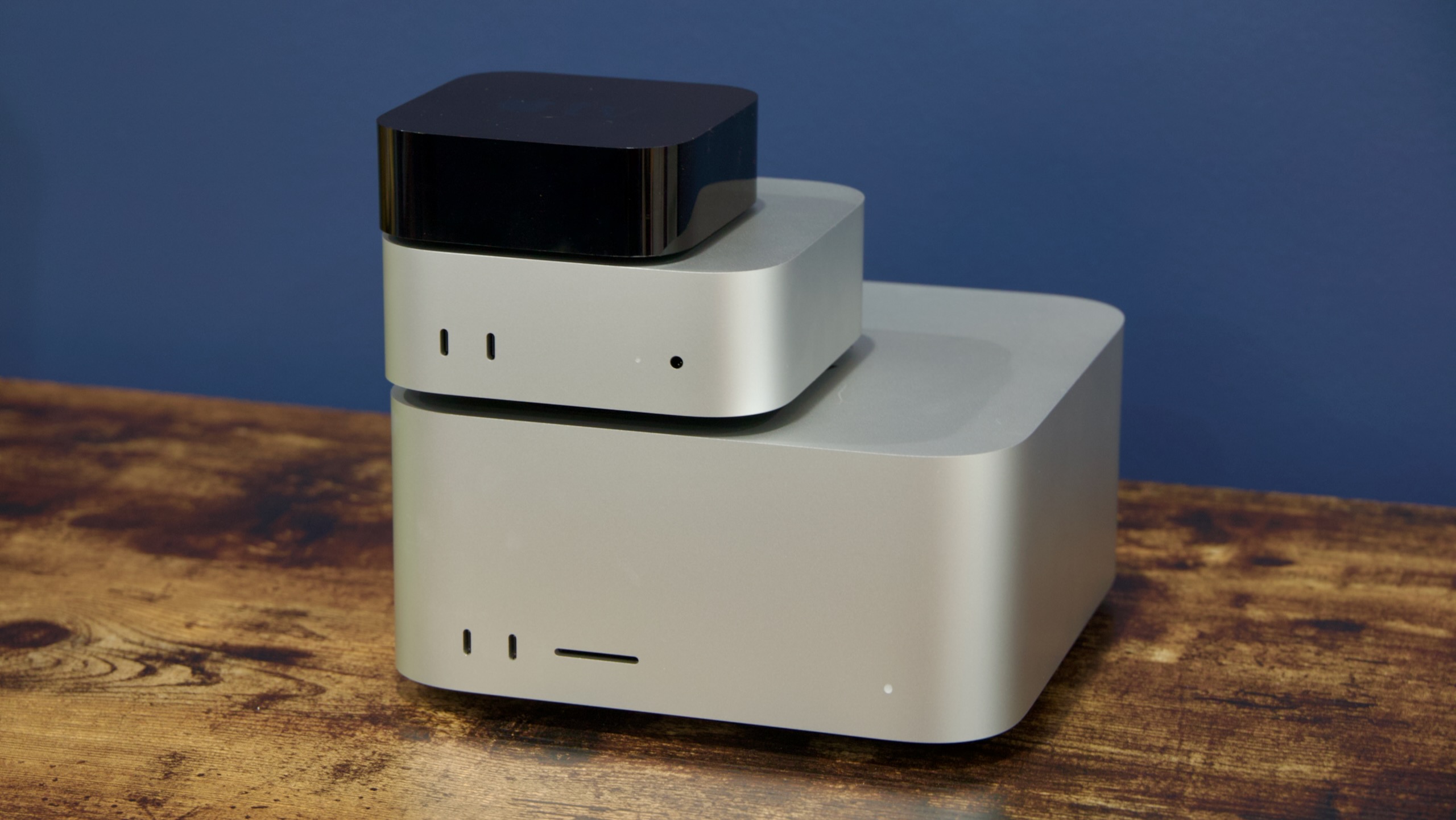Health
By Adriana Diaz
Published
Feb. 7, 2024, 12:05 p.m. ET
About 25% of coronavirus patients experienced long COVID, according to a recent study.
While many individuals recover from COVID-19 within a couple of weeks after testing positive, there is increasing evidence revealing that a portion of patients continues to suffer from symptoms or develops new ones for up to three months or even longer after their initial positive test.
A recent study conducted by Help Advisor examined data from the U.S. Census Bureau Household Pulse Survey to determine the prevalence of long COVID among American adults.
The study revealed that 24.4% of American adults who tested positive for COVID-19 have dealt with symptoms persisting for three months or more.
Twenty-seven states reported rates higher than the national average. The state of Oklahoma had the highest percentage with 34.1% of COVID-19 cases reporting long COVID symptoms.
Conversely, individuals in Vermont and Washington, D.C., had the lowest rates, with only 16.5% reporting long-haul symptoms.
About one in four American adults who tested positive for the coronavirus developed long COVID, with 30% reporting that it affected their daily activities, as per a recent study. Getty Images
New York state had 21.6% just below the national average, and New York City even lower at 20.6% with long-lasting symptoms.
Of those with long COVID, 31% experienced a reduction in their ability to carry out daily activities.
Twenty-eight states had higher rates of struggling with daily activities. In Hawaii, 50.8% of adults with long COVID reported a significant impact on their daily lives.
Long COVID occurs when people continue to report symptoms that last for months or even years. Above, protestors gather during a Senate Health, Education, Labor and Pensions hearing to examine long COVID on Capitol Hill in Washington last month. AP
While some experience long COVID as a persistent cough or constant fatigue, others have reported symptoms severe enough to require long hospital stays.
One woman even requested assisted suicide, claiming that her severe bout with long COVID had depleted her life savings, ability to get out of bed, and the simple joys of living.
Previous research has found that long COVID was more prevalent and severe in patients who were infected before the 2021 Omicron variant, unvaccinated, or reinfected, listing defining symptoms as:
– Post-exertional malaise (debilitating fatigue that worsens after physical or mental activity)
– Fatigue
– Brain fog
– Dizziness
– Gastrointestinal symptoms
– Heart palpitations
– Issues with sexual desire or capacity
– Loss of smell or taste
– Thirst
– Chronic cough
– Chest pain
– Abnormal movements
Nonetheless, experts are calling for increased research to better understand the effects of the virus.
“Americans living with long COVID want to understand what is happening with their bodies,” said Dr. Rachel L. Levine, the U.S. assistant secretary for health.













